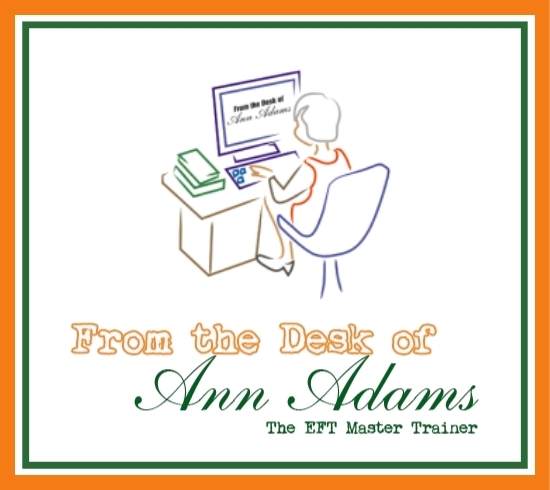Charlie asks, “What do you like to do?” I smile and answer, “One of the things I like to do is to call a friend and meet at the park to take walk or go watch a game.”
Couple of months later, Gene asks me the same question, “What do you like to do when you are not working?” I turned it back to him, “Let’s explore the challenges you have with your days off.”
What was the difference? Keep Reading for “the rest of the story.”
How much of your self should you disclose? Is self-disclosure necessary to create the rapport and relationship for the environment to feel safe for the client to go deeply into the issues?
My initial training in clinical social work gave the message that any sharing about myself should be “kept to a minimum and carefully selected”.
In the last 20 years, the general consensus is: that appropriate and well-timed self-disclosure is helpful to the client. Whether “appropriate and well-timed” or “minimum and carefully selected,” what are the guidelines?
Where is the line? Is there a line?
Two key factors for considering that line:
Intention, i.e. why are you sharing this information about yourself and
Authenticity, i.e. what you do and say and think matches, aka being real.
The challenge with authenticity is that you can be authentic and still overshare: you can be too real.
- You can be too real and not be effective with a client who then suffers from “too much irrelevant information” that may slow his progress.
- You can be too real and the client can side step his or her issues.
- You can be too real and create a role reversal; the client feels the need to “take care of you.” Many abused people have been, literally, trained to take care of others and can do so in very subtle ways you may miss, as they put their real needs aside.
- You can be too real and the client feels she needs to “protect you” from her pain, and simply goes only as deep as she feels you can handle.
Experience helps of course, but these challenges are some of the many, many reasons that EFT practitioners are encouraged to continue to do their own work. Only doing your own work helps you side-step potential minefields, set boundaries, and know when “being real” is genuinely authentic. Doing your own work opens the way to be honest with yourself about your intention for self-disclosure.
Questions to assess your intention:
- When you are tempted to share a personal feeling, thought, or story ask yourself,
What is my purpose? How is that purpose related to moving this client toward his or her goals? - When you are tempted to ask a client a question, ask yourself,
Will this question move this client toward more clarity and toward the goals or am I simply curious? - Most clients are naturally curious about us as practitioners and people. When a client asks a question about you or your thoughts, ask yourself
Is this an “honest” question that will help the client move toward the goals? Is it a legitimate question that the client has a right to know, e.g. your experience? Or, is it a diversionary tactic to avoid a feeling or looking at their issues? Or, is it an attempt to move your “role” to one of friend versus practitioner?
Charlie, who came in with relationship challenges, was extremely shy and with few social skills, had difficulty organizing his world to include others. He was struggling with what to do. And, terrified that he would get into a situation that would go beyond his communication skills. His question as to what I liked to do was an honest comment in an honest moment. He was at a loss for how to be with people in a non-threatening way for himself. His response back to me was that inviting someone to meet him somewhere public was still scary. “What are you feeling in your body as you think about that?” I asked. As we tapped for his body sensations his fear calmed. We were able to address an event he remembered attending when he was ridiculed.
If I’d thought/felt Charlie was not being real and was in some way avoiding something I could have shifted the question back to him as I did with Gene.
Gene also had many relationship challenges. He was very needy, self-absorbed and dependent; he wore people out. Gene frequently tried to shift our relationship to that of a dependent friendship. When he asked, “What do you like to do on your days off?” it could have been interpreted to mean that he was beginning to show interest in what others did. But, at that point, I seriously doubted it.
My response turned the question back to him to help explore how he could do fun things on his days off without being so demanding of others; and how he could learn to enjoy his own company. He found an important memory when he’d tried to be on his own and failed. Tapping through that event brought him one step closer to his goal of feeling a confident worthwhile person.
Some helpful guidelines:
- If it’s an honest question delivered in an honest moment, answer it. Answer it with the minimum amount of detail and the maximum amount of tact the moment calls for. Do not embellish. Such honest questions about you by the client are still very much about the client’s issues.
- If it’s a diversionary tactic, or some level of inappropriate curiosity about you, politely turn it back to them.
- If it’s simply your curiosity, sit on it. As practitioners we often ask lots of questions; make sure the question you ask is designed to move the client forward. Do you really need to know to guide him or her to the next step?
—Learn to be comfortable with not knowing.— - If it’s a temptation to share a story or your reaction to the comment, ask yourself what is the real reason you want to share?









